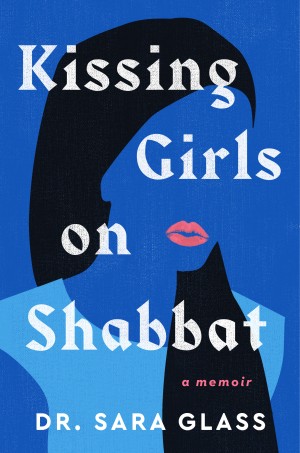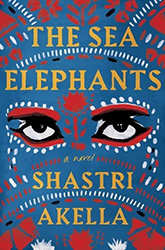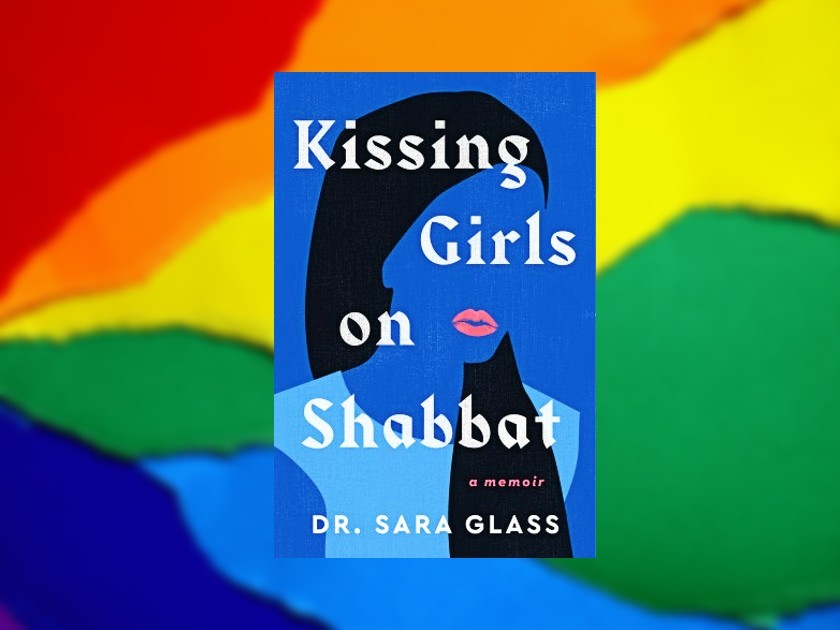
Background photo by Katie Rainbow 🏳️🌈 on Unsplash
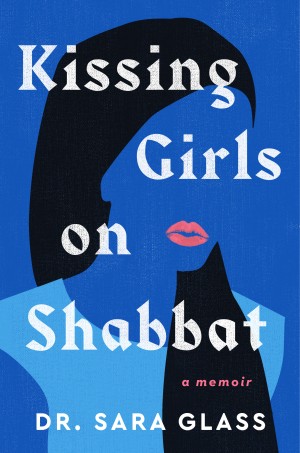
Kissing Girls on Shabbat begins with my wedding night. At age nineteen, I stood under a holy canopy and married a man chosen for me by my Hasidic family. The girl I was secretly in love with stood by, weeping, as my husband put a ring on my finger to warm exclamations of “mazal tov!” I became a mother soon after my wedding night and spent the following thirteen years trying to protect my children from a very real danger: if I were to defect from the heteronormative rules of strict Orthodox Judaism, I could lose custody of them. In Kissing Girls on Shabbat, I tell the true story of those thirteen years: fighting to obtain a Jewish divorce, tossing my wig in the backseat of my car as I drove out of my community under the cover of night to meet women in gay bars, and ultimately, engaging in a legal battle for my children’s freedom.
As I wrote, I kept a stack of memoirs on my desk, words by writers who carved a path before me, a path that I was grateful to find. Here of some of my favorite queer Jewish narratives:
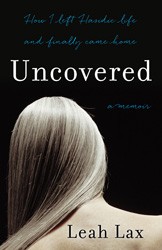
Uncovered by Leah Lax
Lax was raised in secular Texas, where she wore jeans and planned to attend college like her American peers. At sixteen, she was attracted to the sense of belonging offered by the Lubavitch community. Soon after that, she began to wear the garb that signified her belonging — long skirts and eventually, a wig — in honor of her marriage to a man that her rabbi had selected. Lax raised her children in the Hasidic tradition, where she denied her own body and her feelings for women for decades before she allowed herself to wonder: “If I change, if I get honest, will you know me?” Uncovered is a lyrical Jewish queer memoir, one that touches the heart and soul.
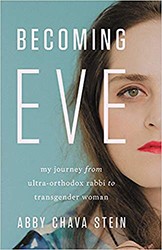
Becoming Eve by Abby Stein
Stein was born into a Hasidic dynasty in Brooklyn, in a male body, one that meant she was to follow in the tradition of her ancestors and grow up to be a rabbi. Stein writes about her earliest memories of feeling alien within her own skin, of knowing, deep within herself, that she was meant to be a girl. Stein takes readers into the lived experience of longing for oneself in a world of black coats and hats, a world where destiny supersedes all else. Becoming Eve is a courageous look at Hasidic culture, and a gripping description of trans identity.
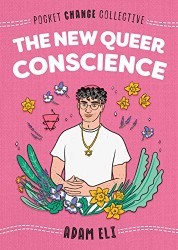
The New Queer Conscience by Adam Eli
In this mini book that is a part of the Pocket Change Collective, Eli delivers an ethos for living. “The importance of showing up for other Jews has been carved into the DNA of what it means to be Jewish. It is my dream that queer people develop the same ideology,” Eli writes, in a beautiful statement that weaves Jewish values with queer community. The New Queer Conscience holds instructions for how to embrace newly out people, how to lead with compassion, and to lift up those around us.
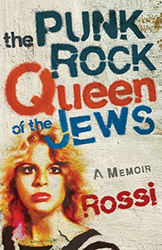
The Punk Rock Queen of the Jews by Rossi
I learned about Rossi when she emailed me with the subject line “Chasid rebel girls unite,” and told me she had just published a book about her own queer coming out story. Of course, I immediately ordered it. Rossi was raised in secular America, where her parents’ idea of keeping kosher was ordering fish sandwiches from McDonalds. They sent her to live with a rabbi in Crown Heights, where she traded a life of bar hopping, smoking Marlboro Lights, and throwing hotel parties for a life of long skirts, attendance at a yeshiva for “former sinners,” and attempts at piety. Rossi, a chef, weaves together food writing and unfiltered observations into her narrative. The Punk Rock Queen of the Jews is an honest, fascinating look into an unusual life and a sparkling personality.
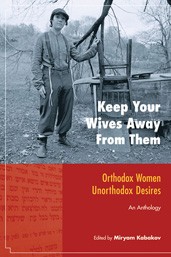
Keep Your Wives Away from Them; Orthodox Women, Unorthodox Desires by Miriam Kabakov
In this anthology of essays, Kabakov, current executive director of Eshel, highlights stories that are most often hidden behind thick closet doors. “Trying to imagine a future… fills me with both awe and dread – awe for the love we have for each other and dread for the alienation we might continue to face,” writes an essayist under the moniker “Ex-Yeshiva Girl.” Keep Your Wives Away From Them was published fourteen years ago, and unfortunately, I hear those same sentiments expressed in my midtown Manhattan therapy office all the time. It is still nearly impossible for queer individuals to visualize a future within Orthodox Judaism. It is still unsafe for many to publish work using their own names. Each story within Kabakov’s pages is crucial and still very much relevant.
